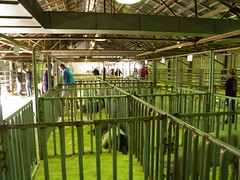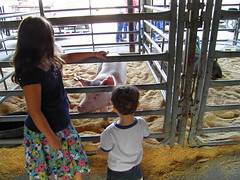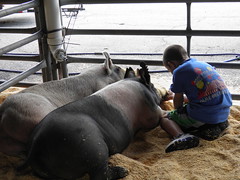 Might be a good place to mention you want
the farm bill to reauthorize USDA Rural Energy for America Program (REAP)
grants.
Might be a good place to mention you want
the farm bill to reauthorize USDA Rural Energy for America Program (REAP)
grants.
Press Release, 8 March 2012, Chambliss to Host 2012 Farm Bill Forum,
Events will be held March 16th in Jesup and Tifton-jsqOn Friday, March 16th, Sen. Chambliss will hold two forums to discuss the upcoming 2012 Farm Bill. The public is invited to attend.
Friday, March 16th, 2012
Altamaha Technical College
at 9 am
C. Paul Scott Polytechnical Center
1777 West Cherry Street
Jesup, GA 31545
Participants will include:
Zippy Duvall, Georgia Farm Bureau
Charles Hall, Georgia Fruit and Vegetable Growers Association
Robert Redding, Southern Peanut Farmers Federation
John Maguire , National Cotton CouncilFriday, March 16th
UGA Tifton Campus Conference Center
at 2 pm
15 RDC Road
Tifton, GA 31793
Participants will include:
Gary Black, Georgia Commissioner of Agriculture
Charles Hall, Georgia Fruit and Vegetable Growers Association
Robert Redding, Southern Peanut Farmers Federation
John Maguire , National Cotton Council









